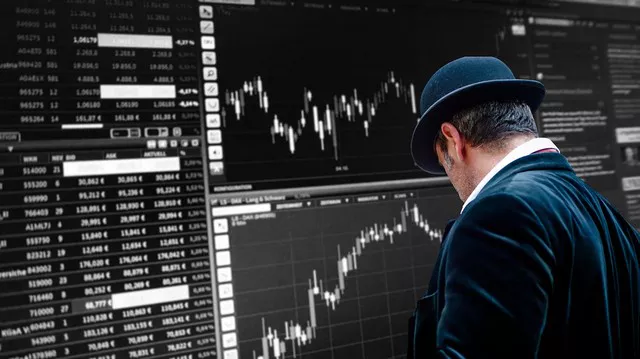Index futures stand as a cornerstone in the realm of financial markets, offering investors and traders a unique opportunity to speculate on the future performance of entire market segments.
Index Futures: An Overview
Index futures are derivative financial instruments that derive their value from an underlying stock market index. These indices represent a basket of stocks that are selected to represent the overall performance of a specific market segment, industry, or sector. Index futures allow market participants to speculate on the future direction of these indices without owning the individual stocks. Popular examples of indices include the S&P 500, NASDAQ-100, and Dow Jones Industrial Average.
Derivatives and Underlying Assets
Index futures fall under the category of derivatives, financial contracts that derive their value from an underlying asset. In the case of index futures, the underlying asset is the stock market index itself. Each index future contract represents an agreement to buy or sell a notional value of the underlying index at a predetermined price on a specific future date. Traders can take long positions if they anticipate the index will rise or short positions if they expect it to decline.
Contract Specifications and Trading
Index futures contracts have standardized specifications, including contract size, tick size (minimum price movement), and expiration dates. These standardized terms ensure consistency and facilitate a transparent trading process. Traders can enter into index futures positions by trading contracts on designated futures exchanges. As the contract approaches its expiration date, traders can choose to settle it by either offsetting the position with an opposite trade or allowing it to be physically delivered or cash-settled.
Price Determination and Arbitrage
The price of an index futures contract is influenced by various factors, including the current level of the underlying index, interest rates, dividends, and market sentiment. Traders closely monitor the relationship between the futures price and the spot (current) price of the underlying index. If a significant price discrepancy arises between the two, arbitrageurs may step in to exploit the price difference and bring the markets back in alignment.
Leverage and Margin Requirements
One of the key attractions of index futures is the concept of leverage. Traders can control a substantial position in the underlying index with a relatively small initial investment known as the margin. The margin requirement is a percentage of the total contract value and serves as collateral. While leverage amplifies potential profits, it also magnifies potential losses. As a result, proper risk management and margin monitoring are imperative when trading index futures.
Hedging and Risk Management
Index futures serve as effective tools for risk management and hedging. Market participants, including institutional investors and portfolio managers, may use index futures to hedge their exposure to market fluctuations. By taking an opposing position in index futures, investors can offset potential losses in their stock portfolios during market downturns. This strategic use of index futures helps protect investment capital and manage overall risk.
Speculation and Diversification
In addition to risk management, index futures provide ample opportunities for speculation. Traders with a market outlook can capitalize on price movements in various market segments without having to trade individual stocks. This approach allows for diversification across a broad market segment, reducing reliance on the performance of specific companies and industries.
Market Efficiency and Liquidity
The existence of index futures contributes to market efficiency by providing a means for market participants to express their views on overall market trends. The presence of these futures contracts enhances liquidity in the broader market, making it easier for traders to enter and exit positions. This liquidity also helps to narrow bid-ask spreads, reducing trading costs for market participants.
Electronic Trading and Accessibility
Advancements in technology have transformed the trading landscape, allowing investors to access index futures markets electronically. Electronic trading platforms enable traders to execute transactions in real-time, providing greater convenience and accessibility. The availability of electronic trading has expanded the reach of index futures to a global audience, enabling market participants from different time zones to engage in trading activities.
Educational Resources and Continuous Learning
Engaging in index futures trading requires a solid understanding of market dynamics, trading strategies, and risk management techniques. Aspiring traders can benefit from a wealth of educational resources provided by futures exchanges, brokerage firms, and financial institutions. Educational materials, webinars, and tutorials offer insights into trading strategies, technical analysis, and fundamental factors that influence index futures prices.
Conclusion
Index futures represent a powerful tool that allows traders and investors to participate in the broader market movement without owning individual stocks. By comprehending the mechanics of index futures, individuals can harness their potential to speculate, hedge, and diversify their investment portfolios. The ability to leverage positions, manage risk, and access markets through electronic trading platforms has transformed the way index futures are traded. As with any financial endeavor, prudent risk management, continuous learning, and disciplined execution remain paramount for success in navigating the landscape of index futures trading. By embracing these principles, market participants can navigate the complexities of index futures with confidence and strategic acumen.


